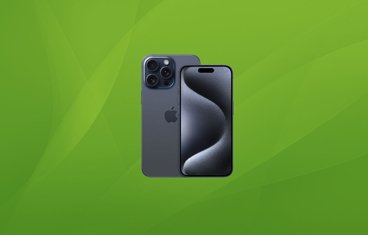Motorola hypes its tablet by calling Apple's iPad a 'giant iPhone'
The animated video is a tour of a virtual museum of tablets, starting jokingly with objects like the Ten Commandments and the Rosetta Stone. It then showed the GRiDPad launched in 1989 with a 20MB hard drive.
The promotional video, dubbed "Tablet Evolution," then show's Apple's iPad. "It's like a giant iPhone," the video reads. "But... it's like a giant iPhone."
The video also puts down Samsung's Galaxy Tab, regarded as the first legitimate competitor to the iPad. Motorola's video puts down the Galaxy tab for running "Android OS... for a phone."
The final object in the "museum" is concealed, sitting atop a stand with a Motorola logo. A bee flies on to the screen, hinting at the codename for the next version of the Android mobile operating system, before teasing that the product will be unveiled at CES 2011.
"From ancient Egyptian hieroglyphic tablets to the modern tablet, we're buzzing with excitement to be the next chapter in tablet evolution," the video's official description reads.
The device is likely based on the Motorola tablet demoed by Google's Andy Rubin at a conference earlier this month. That prototype device was running Android 3.0 "Honeycomb," and had a dual-core 3D processor, Nvidia graphics, and video chat functionality.
Rubin said that Honeycomb will be built to support tablets as well as phones. Samsung's Galaxy Tab runs a previous version of the Android operating system, which is not designed for larger screens.
Motorola's history of tablet computing omits any mention of Apple's 1994 Newton MessagePad and the wireless Motorola Marco that licensed Apple's Newton OS in 1995.
It also omits Motorola's acquisition of Symbol Technologies in 2007, which gave the company a wide variety of devices running the now obsolete Palm OS and Windows Mobile.
Until recently, Apple used Motorola's Symbol PDA devices in its retail stores, before it switched to using its own iOS-based EasyPay mobile terminals based on the iPod touch, something a number of retailers are also investigating.
 AppleInsider Staff
AppleInsider Staff










 Mike Wuerthele
Mike Wuerthele

 Malcolm Owen
Malcolm Owen
 Chip Loder
Chip Loder

 William Gallagher
William Gallagher
 Christine McKee
Christine McKee
 Michael Stroup
Michael Stroup






